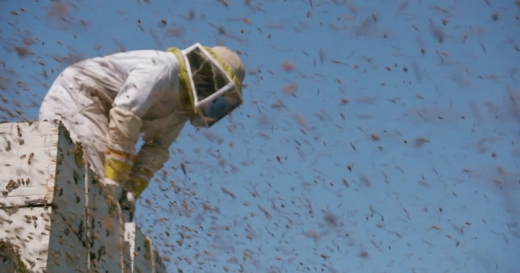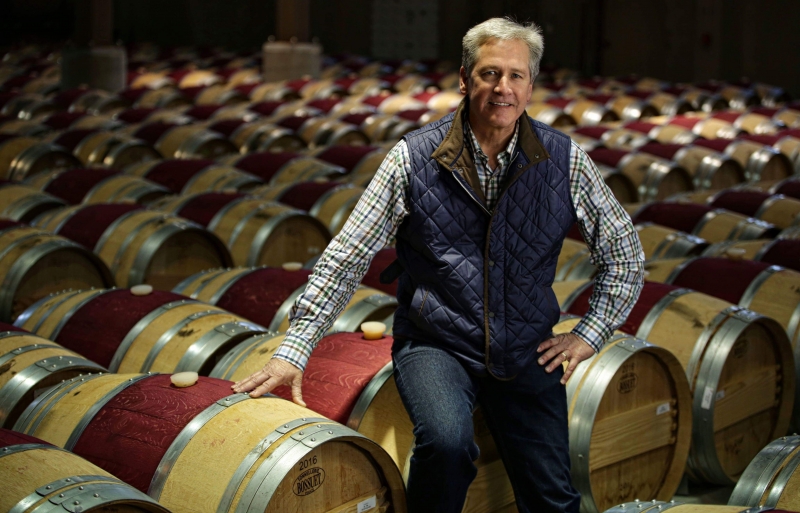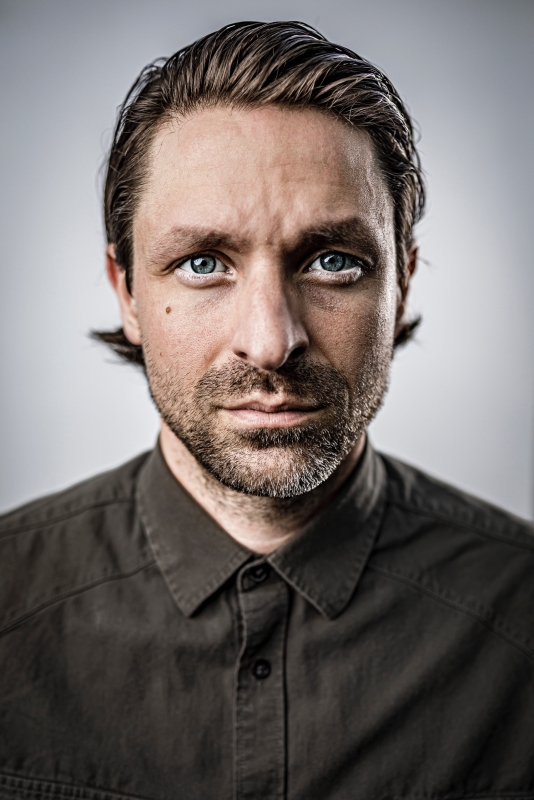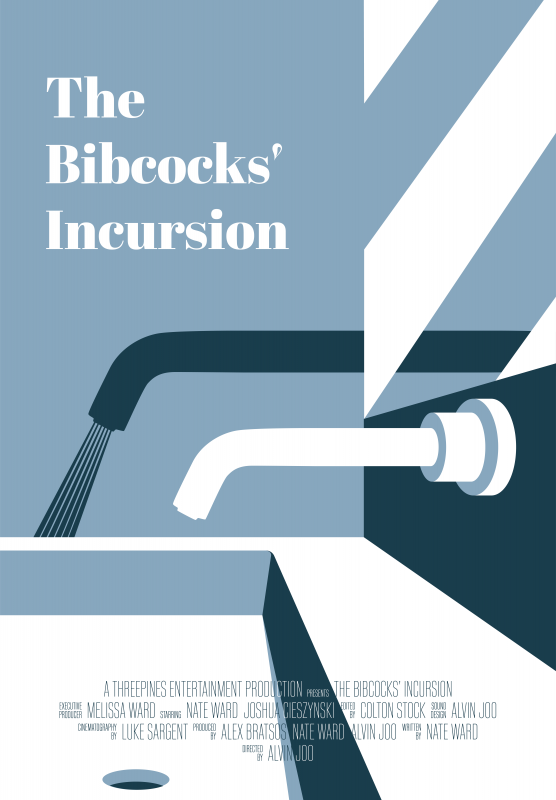|
|
||
|
Pro Tools
FILMFESTIVALS | 24/7 world wide coverageWelcome ! Enjoy the best of both worlds: Film & Festival News, exploring the best of the film festivals community. Launched in 1995, relentlessly connecting films to festivals, documenting and promoting festivals worldwide. Sorry for the interruption, we needed to correct and upgrade some modules. Working on a new website. For collaboration, editorial contributions, or publicity, please send us an email here. You need for put your full detail information if you want to be considered seriously. Thanks for understanding. User login |
Napa Valley Film FestivalThe 10th Napa Valley Film Festival takes place November 10-14, 2021 in the four walk-able villagesof Napa, Yountville, St. Helena, and Calistoga. Each year the festival features 125 new independent films, 300+ filmmakers and film industry guests, 150 wineries, 30 chefs, and an array of culinary demonstrations, wine tasting pavilions, and special events. The Napa Valley Film Festival is produced by Cinema Napa Valley, a registered 501c3 non-profit organization headquartered in Napa, California. The festival's co-creators (and Cinema Napa Valley Founders) are Brenda and Marc Lhormer, producers and distributors of the feature film BOTTLE SHOCK, about the historic upset victory by Napa Valley wines over the French at the infamous 1976 wine-tasting competition in Paris. BOTTLE SHOCK premiered at the 2008 Sundance Film Festival before going on to international theatrical distribution. The husband-and-wife team also ran the successful Sonoma Valley Film Festival from 2001 through 2008. In addition to producing the annual Napa Valley Film Festival, Cinema Napa Valley presents special film programs throughout the year and provides support to student filmmaking programs in Napa Valley schools. To learn more, visit www.napavalleyfilmfest.org.  Interview with “The Pollinators” (2019) Director Peter Nelson
The documentary feature “The Pollinators” (2019) by filmmaker/cinematographer and bee-keeper Peter Nelson is a cautionary tale about the current international bee crises. Today, bees face a serious threat to becoming endangered, which would prove a hazard to human food supply; almost all fruits, nuts and vegetables would not exist without bees. For example, on just one crop in California, each year more than 31 billion honey bees pollinate more than 90 million almond trees. Yet, bees are at a crucial risk of rapid extinction due to GMO processed crops and chemicals. Produced by Sally Roy and sponsored by Burt's Bees, this veritable ‘ode to bees’ film uses its powerful medium to inform us of the critical role bees play in the world’s eco-system and serves as an attempt to reverse the impending plight to hopefully save the bees. In an interview with director Peter Nelson, here is what he had to say:
You are a filmmaker and a bee keeper. Did you become a filmmaker to get the word out on what you know about bees? PETER: I have been working as a Cinematographer filming documentaries, commercials and narrative projects for about 28 years and keeping a few beehives in my backyard for about 30 years. I also have a love for food, farming and the natural world, so these are all parallel passions for me. I became really fascinated in the relationship between honeybees and our food system and I realized that we are much more dependent on the movement of bees for agriculture and our food system than I originally knew. There is a relatively small group of commercial beekeepers (about 2000 or so) that move millions of beehives by truck around the country for the pollination of our food crops and very few people know that this happens and just how important this is. Our agricultural system is dependent upon them. I thought that this is a really good story for a film and with my background as a both a beekeeper and a filmmaker, I felt I might be a good person to try and tell it. I wanted to do it in a way that connected all the dots from the farms to our dinner plates. It is so important and yet most people don’t know that they need to know about this. Being a beekeeper definitely helped me with actually filming the bees, gave me a bit of credibility with the beekeepers and also gave me a knowledge base to understand a pretty complex subject.
Do you think there is hope for saving the declination of bees? PETER: Yes. I am a very hopeful person. There are many problems facing both bees and beekeepers and it is struggle for sure. Losses of bees are high- 33-50 % a year and sometimes more. What business can sustain that? But after spending the last few years focusing on this issue, despite pollinator decline being a multi layered and complex subject with a lot of hurdles, I am indeed hopeful that we can make it better. But it is going to take a lot work and not going to be easy. Getting this film out and showing people why they should care about this issue is a good first step. Importantly, one of the most wonderful things about this subject and the issue of pollinator decline is that it is totally actionable. By everyone, I hope that when people see The Pollinators they will be inspired to work towards solving some of the problems and there are things that EVERY person can do to make it better. The top of that list is awareness, followed immediately by education of both adults and children. Ask questions. Knowing where our food comes from, who grows and how it is grown is very important. Shopping at farmers markets and buying organic foods are ways to connect to our food and get healthy products while supporting local economies and voting with our dollars. That will definitely make a difference. PETER CONT’D: Growing 'pollinator gardens', even small window boxes and planters with pollinator friendly plants, creates habitat and good nutritious food sources for the pollinators that they need to survive. Not using pesticides, herbicides and fungicides on our gardens and lawns is a huge thing. Letting the dandelions grow or planting clover is so much better for the environment and the bees. The idea of a 'pure green lawn' with just grass is a food desert for pollinators. Buying local honey supports local beekeepers and buying honey from the USA is important because of the fraudulent honey out there that coming in from other countries. Working towards changing policy for pollinator protection, pesticide use and EPA regulations by contacting legislators on local and national levels is something people can do that is effective. Becoming a beekeeper is another option, though I have to caution it is much more than simply putting a hive in your backyard. There is much to learn before and it is a fair amount of work. There are many things we can all do, and we can make it better. There is a growing list of resources to learn more on the Take Action page on thepollinators.net website.
Was it difficult to raise the finances to make a doc film? PETER: Yes. It is always a struggle. My initial plan was to capture the first big pollination (almonds) in California and sleep in my car if I needed to, in order to film that part and get something I could edit to show around to raise more funding. I had the advantage that I am a Cinematographer who owns a camera, so I could do this. Luckily, we were able to raise some startup up money initially from a private foundation and I also made an approach to Burt’s Bees who liked the story, and they granted us some funding. So, I was able to stay in a hotel. I am also married to an amazing producer, Sally Roy, who was instrumental in keeping this all on track creatively and production-wise and a force of nature to keep this moving forward. I approached AbelCine (the camera rental company) about possibly helping and they granted me an in-kind grant for the special Phantom high speed cameras and macro lenses I used in the production. I had done a short film called Dance of the Honey Bee using these cameras and it was very successful, so they had a good idea what I could do with these wonderful cameras with bees. As a matter of full disclosure, I have also been a very longtime customer and friend of Pete and Rich Abel and I am very grateful for their support. Another huge step forward came when the editor Michael Reuter and his company EDITBAR came on board. I had a long relationship with Michael as an editor and friend and they came on board with the editorial end of things which was simply amazing, and it allowed us to get far along in the editorial process. We able to raise further finishing funds and along with a lot of sweat equity, we managed to get it done.
What is your favorite aspect of working with bees? PETER: Honeybees live in extremely complex societies that are simply amazing; they organize and work tirelessly as a one entity. They are a ‘Super Organism', so there is no one bee in charge, not even the queen, and they cannot survive for long on their own, but operate in a eusocial way with division of labor for the survival of the colony. Bees are just endlessly fascinating to me and I find them remarkably beautiful creatures. I wanted to show them in a way most people hadn’t seen by using super slow motion and macro cinematography and not simply as a ’stinging insect’. Honeybees die when they sting, so they really don’t want to sting us and are generally gentle. They are also extremely important to us and our food system and I wanted to share that with people in the visual form of a film. I find I get ‘lost’ sometimes working with bees and will watch them for hours. I grew up as that curious kid who couldn’t be kept inside and who was always interested in the natural world- i.e. what lives in that tree, under that rock or in that nest? That curiosity is what directly led me to keep bees in the first place. I learn something every time I open a hive. They are just so cool. I also loved working with the beekeepers. They are interesting hardworking characters, combinations of ranchers, cowboys and truckers all rolled up in one. Everyone in the film was very welcoming to me and generous with their time to help tell this story. People who work with bees, whether beekeepers or entomologists, are all passionate about and concerned about the current plight of the pollinators.
How long did the film take you to make from writing to finish? PETER: I researched and developed the project for about a year. I filmed over an entire season of pollination with a few interviews in the years before and after and we edited for about a year, so about 3 1/2 years. Now we are trying to find a home for the film.
Have you managed to find a distributor for the film? PETER: At this point we have not secured distribution. We are looking for a sales agent and exploring some distribution options. We have been getting some interest, but we have not signed with anyone yet.
Your film has been on the festival circuit. How have people reacted to it? PETER: People are loving the film. Most people have a very general awareness of a ‘problem with the bees’, but don’t know what the problems are. I find that so many people have NO idea that bees are moved around the country to pollinate much of the food we eat every day and are shocked to learn that and they want to know more. Very few people have any idea about migratory beekeepers and their essential role in our food system. Part of this is because bees are mostly moved at night, so people simply don’t see it happening around them. Another part of it is that many of us are 3-4 generations 'off the farm' and are losing the connection to how our food is grown. Honeybees are a great conversation starter and people have a real and genuine interest in them.
What will you be working on next? PETER: First and foremost, we must get The Pollinators out into the world, so we will be doing festivals and working to find the best distribution for the film. Part of the original intent with this film is to get as wide a distribution as we can and then also do extensive outreach and education to schools, universities, bee groups, farm organizations etc. Besides all that, our next project will probably be agriculture or food related. Perhaps a different bee story- there are more to tell.. I am also continually working as a cinematographer for other filmmakers as well, so I will be doing that too.
Interview by Vanessa McMahon
18.11.2019 | Napa Valley Film Festival's blog Cat. : Interview with “The Pollinators” (2019) Director Peter Nelson News PROS
|
LinksThe Bulletin Board > The Bulletin Board Blog Following News Interview with EFM (Berlin) Director
Interview with IFTA Chairman (AFM)
Interview with Cannes Marche du Film Director
Filmfestivals.com dailies live coverage from > Live from India
Useful links for the indies: > Big files transfer
+ SUBSCRIBE to the weekly Newsletter DealsUser imagesAbout Napa Valley Film FestivalMy festivalThe EditorUser contributions |



















 Peter Nelson
Peter Nelson






 Cain Erin
Cain Erin 


